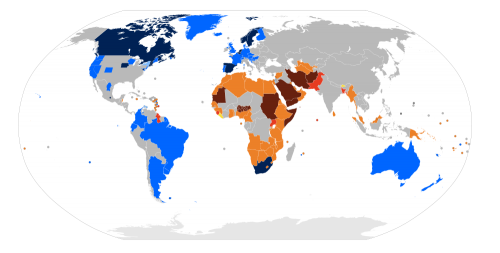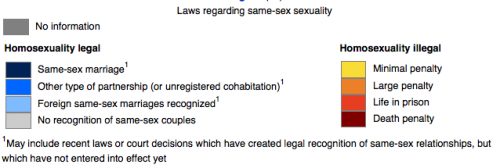Iceland’s new draft of a constitution has been submitted to parliament. The drafters relied heavily on citizen comments using internet sites like Twitter and Facebook. Anyone who’s scrolled through the comments sections of just about any site open to the general public would probably worry that the ratio of good information to bad would be pretty small (a low signal-to-noise ratio). But,
“What I learned is that people can be trusted. We put all our things online and attempted to read, listen and understand and I think that made the biggest difference in our job and made our work so so so much better,” [Salvor Nordal, the head of the elected committee of citizens] said.
–Valdimarsdottir (2011): Icelanders hand in draft of world’s first ‘web’ constitution on phsorg.com
The final draft is here (the link uses Google Translate, so it’s not a perfect translation). It will be interesting to see what the parliament does with it now.
From the constitution:
12th Art. Rights of children
All children should be guaranteed the protection and care of their welfare demands.
What the child’s best interests shall always prevail when taking decisions on matters relating thereto.
Child should be guaranteed the right to express their views in all matters relating thereto shall take due account of the views of the child according to age and maturity.
–Article 12 of draft Icelandic Constitution via Google Translate.

